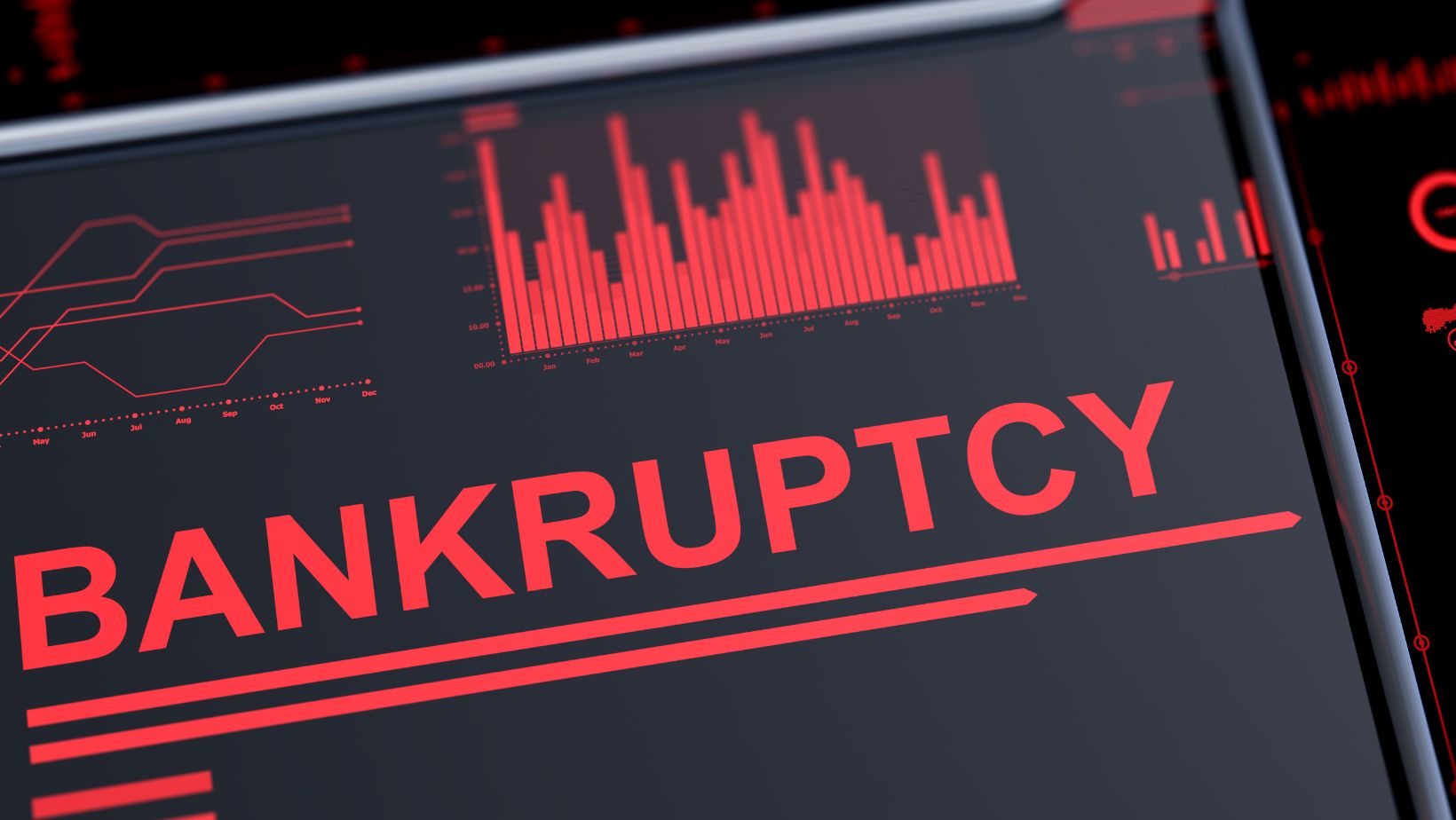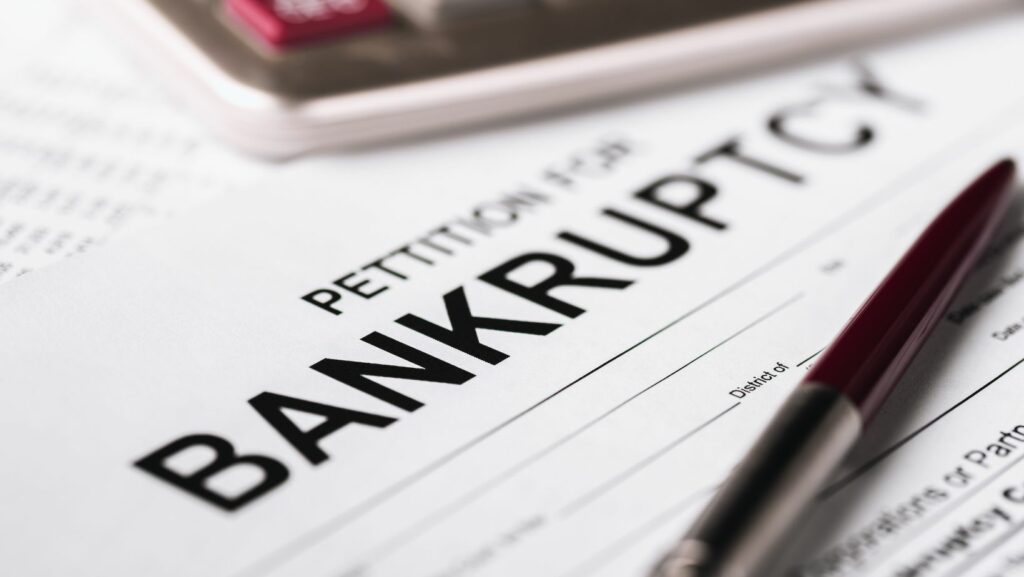Filing for bankruptcy can feel overwhelming, especially for individuals and small business owners unfamiliar with the legal system. Between financial stress, complex paperwork, and important deadlines, it’s easy to feel lost without the right guidance. That’s where Bankruptcy Lawyers in San Diego play a crucial role — helping clients understand their options, navigate legal procedures, and take informed steps toward financial recovery.
This article provides a clear, structured overview of what bankruptcy means, how the process works, and why consulting with a qualified attorney can make a significant difference in achieving a fresh financial start.
What Is Bankruptcy?
At its core, bankruptcy is a legal process that allows individuals or businesses unable to pay their debts to seek relief under federal law. Governed by the U.S. Bankruptcy Code, it provides a structured way to eliminate or reorganize debt while offering protection from creditors.
While the term often carries a negative connotation, bankruptcy is not necessarily a failure — it’s a financial reset. For many people, it represents an opportunity to rebuild their economic stability and regain control over their finances.
There are several types, or “chapters,” of bankruptcy. The two most common for individuals are Chapter 7 and Chapter 13:
- Chapter 7 Bankruptcy (Liquidation): Assets that are not exempt under state or federal law may be sold to repay creditors. In many cases, individuals are able to discharge most of their unsecured debts, such as credit cards and medical bills.
- Chapter 13 Bankruptcy (Reorganization): This allows individuals with a steady income to create a court-approved repayment plan over three to five years. It’s ideal for those who want to keep their property while gradually paying off debts.
For businesses, Chapter 11 bankruptcy provides a way to reorganize while continuing operations.
The Role of Bankruptcy Lawyers in San Diego
The bankruptcy process involves strict legal requirements, detailed financial documentation, and numerous procedural steps. Bankruptcy Lawyers in San Diego specialize in guiding clients through these complexities, ensuring that filings are complete, accurate, and strategically managed.
Legal Evaluation and Strategy
A bankruptcy attorney begins by conducting a detailed review of a client’s financial situation — income, debts, assets, and expenses. This evaluation determines whether bankruptcy is the most suitable option or if alternative debt relief methods might be better. Attorneys also advise clients on which chapter of bankruptcy to file under, depending on eligibility and goals.
For instance, not everyone qualifies for Chapter 7 bankruptcy. Applicants must pass a means test, which compares their income to the state median. A lawyer can interpret these requirements and ensure that the case is filed correctly from the start.
Preparation and Filing
Bankruptcy requires submitting a variety of legal forms and financial disclosures to the U.S. Bankruptcy Court for the Southern District of California, which serves the San Diego area. Missing information or errors can result in delays or even dismissal of the case. Attorneys handle the preparation and submission of these documents, ensuring compliance with all court rules and deadlines.
They also represent clients during key proceedings, such as the 341 Meeting of Creditors, where debtors are required to answer questions about their financial situation under oath.
Protection and Representation
One of the immediate benefits of filing for bankruptcy is the automatic stay, a court order that stops most collection activities, including wage garnishments, foreclosure, and creditor harassment. Bankruptcy lawyers ensure that this protection is enforced and that creditors comply with legal restrictions.
If disputes arise — for example, if a creditor challenges the discharge of a debt — an attorney provides representation before the bankruptcy court, safeguarding the client’s rights and interests.
How Bankruptcy Affects Credit and Future Finances
A common concern among individuals considering bankruptcy is the long-term impact on their credit score. While bankruptcy does appear on a credit report (typically for seven to ten years), its effects are not permanent. With time, responsible financial behavior can help rebuild creditworthiness.
Attorneys often educate clients about post-bankruptcy strategies, such as budgeting, obtaining secured credit cards, and monitoring credit reports. In some cases, filing for bankruptcy can even improve a person’s financial outlook by eliminating overwhelming debt and providing the ability to rebuild from a clean slate.
For additional information, readers can refer to resources such as the U.S. Courts Bankruptcy Basics guide, which offers a straightforward overview of the process and its implications.
Why Local Experience Matters: San Diego’s Bankruptcy Environment
Bankruptcy procedures are governed by federal law, but local court rules and regional economic conditions can influence how cases are managed. Bankruptcy Lawyers in San Diego bring valuable insight into the local legal landscape, including the tendencies of trustees and judges within the district.
San Diego’s economy includes a mix of industries — from technology and defense to tourism and small business — which can affect the types of bankruptcy cases filed in the area. Local attorneys understand the financial pressures unique to the region, whether clients are homeowners facing foreclosure or entrepreneurs seeking to protect their business assets.
Common Misconceptions About Bankruptcy
Many people hesitate to file for bankruptcy due to myths or misunderstandings. Below are some clarifications that attorneys often provide:
- “I’ll lose everything I own.” In reality, both federal and California laws include exemptions that protect essential assets such as a primary residence, vehicle, and retirement accounts.
- “Bankruptcy means I failed financially.” It is a legal tool designed to help individuals and businesses recover, not a moral judgment.
- “I’ll never get credit again.” Many people qualify for new credit opportunities within a few years after bankruptcy, especially with responsible financial management.

Understanding these facts helps clients approach the process with confidence rather than fear.
A Path Toward Financial Renewal
Bankruptcy can be a turning point — not an end, but a structured opportunity to rebuild financial stability. With the help of experienced Bankruptcy Lawyers in San Diego, individuals and businesses can navigate the legal system with clarity, comply with all necessary procedures, and work toward a more secure financial future.
Whether through debt discharge, reorganization, or informed financial planning, bankruptcy law offers a framework for relief and recovery. Understanding that framework, and having professional guidance throughout, is the first step toward financial renewal.



